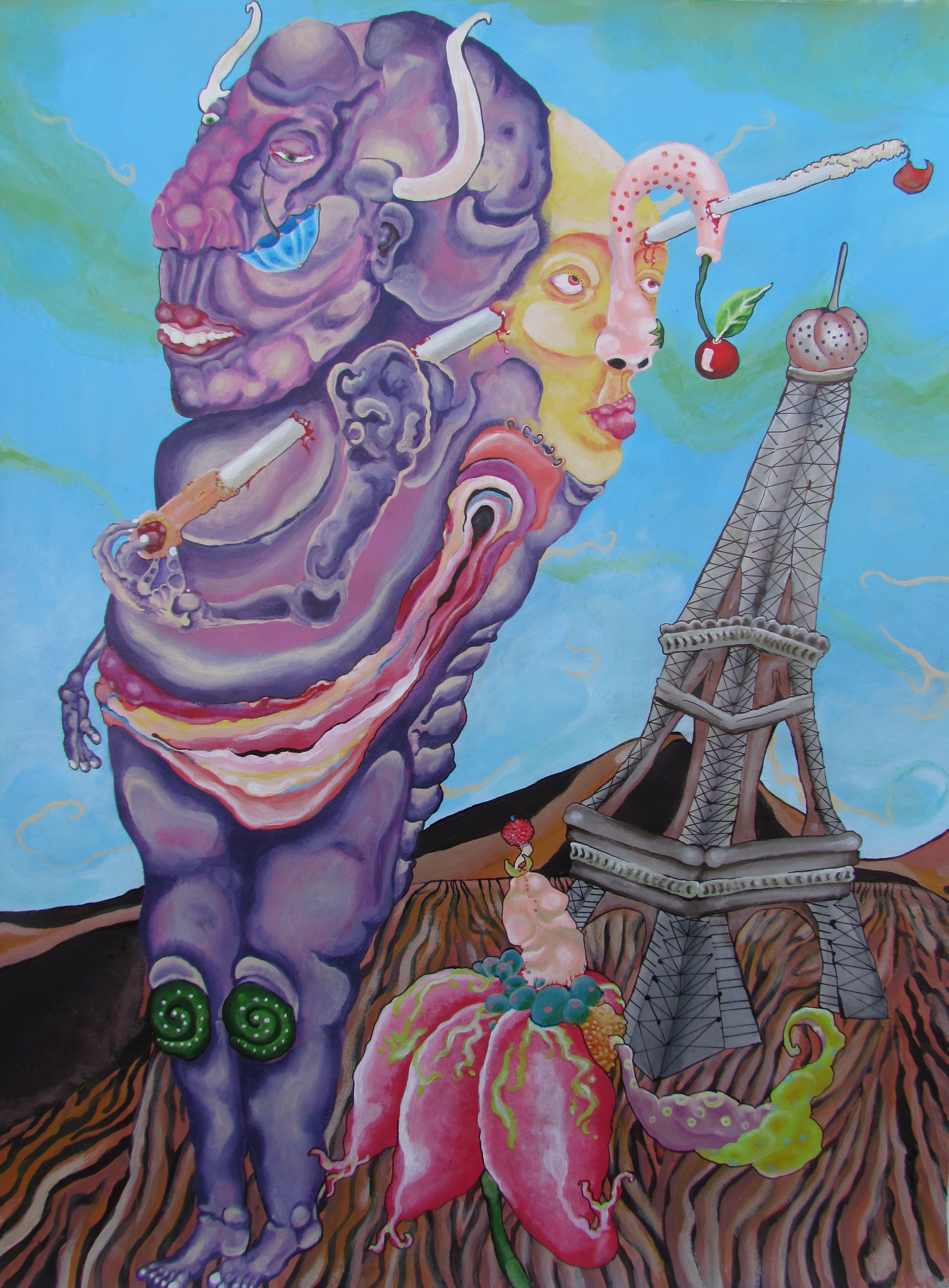Study the unexplainable long enough, and you’ll learn there’s usually an explanation.
The gryphon? Just protoceratops bones, discovered by Proto-Greeks who didn’t understand what they were seeing. The centaur? Horse archers of the Eurasian steppe, so adept on their steeds that they seemed to merge into one being. The roc, a bird big enough to carry elephants in its claws? Just the bones of bird-hipped dinosaurs with elephantine claws.
The crocotta, however, is real. I promise.
When I arrived here three years ago, looking to learn more about the animal, I was of the opinion it was just a case of the ancient Romans having never seen a hyena before, and exaggerating its size the way they did their opponents’ armies. When the locals would tell me the crocotta could change from male to female at will, I explained that hyenas are one of the few animal species in which males and females look alike. When they told me that the crocotta called out names in the night, I talked about the strange pitch of the hyena’s voice and how it can sound human.
I believed everything I said, and never questioned it. Until Joseph.
One night, a few weeks after I arrived, he returned home from his job at the local fruit market. According to his teenaged daughter, he made dinner for the two of them, then sat up reading a book until he heard someone calling his name. Marie said she didn’t recognize the voice, and that it said nothing except Joseph’s name, every few minutes, in a pitch so clear that it sounded like the speaker was inside their small home. Her father told her to go to bed, and not to worry about what she heard. When she woke up to use the toilet a few hours later, Joseph was gone. She could see from the window that he had left town and was walking into the forest.
He never came back. By the next morning, it seemed the whole town was convinced that the crocotta had called him to his death and eaten him alive. A few men followed his footprints to the edge of the forest, but they were too scared to go in.
The next several weeks were quiet, and I tried to assure everyone that it had just been a coincidence, that there had to be a rational explanation for why Joseph went into the forest. An old beggar woman refused to believe me, insisting the man had been eaten alive, and that he was just one of many. She brought me little balls of coarse fur that she claimed the crocotta left on the forest floor, but they felt like they could have come from a dog, or even a wild cat. She warned that the quiet period only meant the monster’s appetite had been satisfied, and that it would hunt again.
A few months later, a man I never met left home unannounced, and the rumors swirled again. Then a young girl. I tried organizing a party to search the woods and find evidence of what had happened, but most people were too terrified to help. I started to notice that calm actually birthed their fear; the disappearances were almost welcomed, with relief it wasn’t them. When the beggar woman went missing, nobody even claimed to hear the crocotta call her, as she had nobody around to fear for her.
Months went by before Marie heard her name. I was with her at the time, as she had agreed to accompany me to the woods for a search, so I heard it too. The voice was hard to distinguish, neither male nor female, but somehow both. It just said her name, calmly but forcefully, and I’ve never seen anyone as afraid as Marie was when she heard it. She froze in place, and looked at me to see if I’d heard the same thing. When I nodded, she began to run back the way we came, yelling for me to follow.
I ran after her, but she was younger and more athletic, and I wasn’t able to catch up. I lost sight of her until I stopped to catch my breath. There was a noise far behind me, and though I turned expecting to see an animal, I saw Marie walking in the wrong direction, back into the forest, as if in a trance. She didn’t answer when I yelled her name, or even seem to hear me, so I followed her as well as I could. Still unable to gain ground, the last thing I saw was the shadow of the beast’s gaping maw, and the last thing I heard was a sound of crushed bone. Marie never screamed, nor yelled for help.
Thinking there might still be time, I ran to the spot, but the only sign that she had ever been there was a line of her footprints in the mud, and a similar line of prints like a dog’s, but they had to come from a dog larger than any I’d heard about. Once I gave up hope of finding the girl alive, I searched for fur, scat, anything to take back and analyze. I didn’t find anything, but I felt like something was watching my progress from the thicket.
When I told people in town what had happened, I mostly received recriminations about why I didn’t believe them before. Nobody seemed to think I should have been able to save the girl, or wondered why I couldn’t find proof of what happened. Only I questioned what I had seen, and came to believe the voice in the night that terrified ancient peoples, from Ethiopia to Rome to India, had belonged to something more sinister than a scavenging hyena.
I tell you all this because I heard the crocotta’s voice again tonight. This time, it was calling my name.










